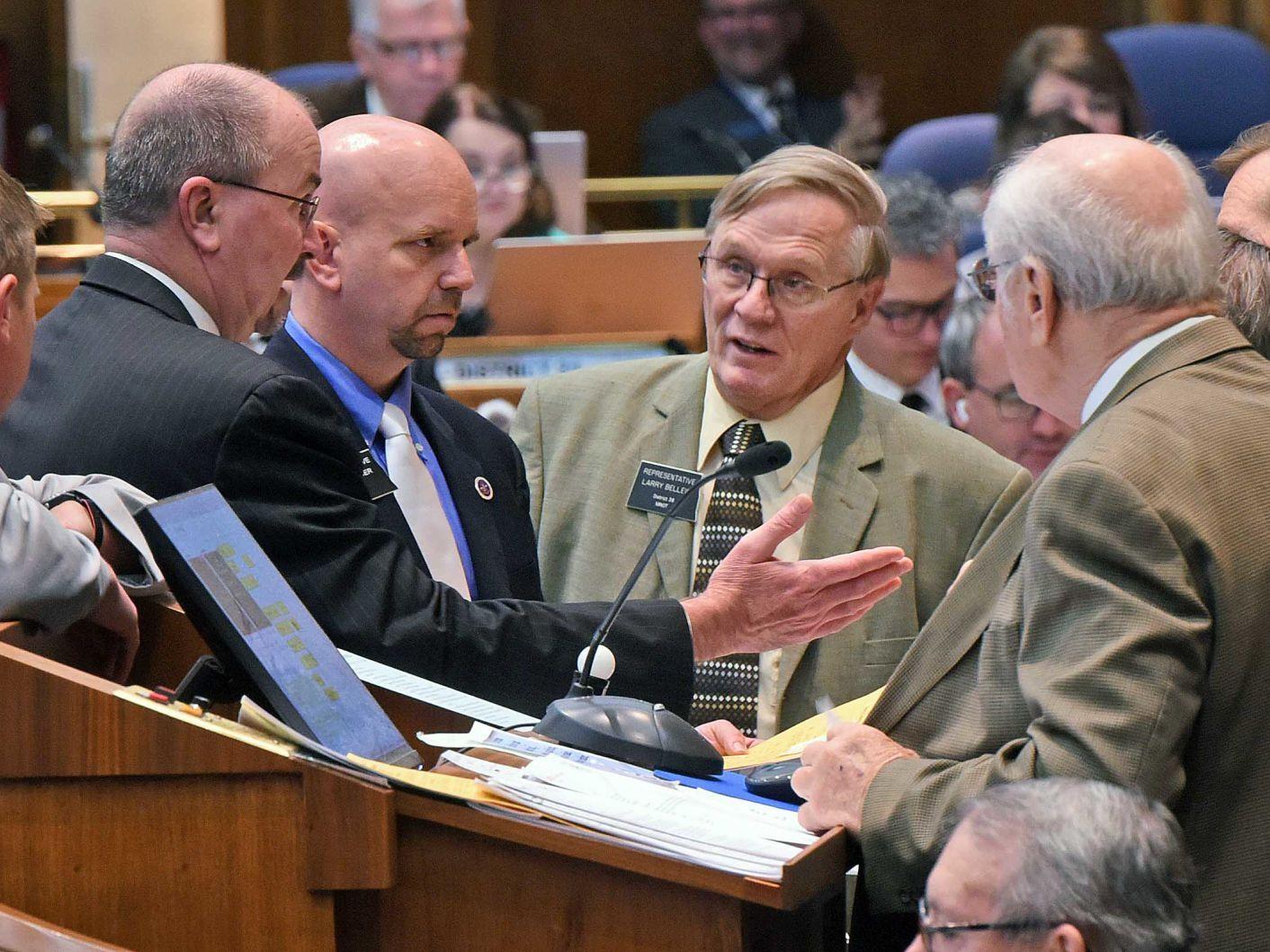North Dakota
North Dakota Legislature’s veto override is a threat to public safety

N.D. – The decision of the North Dakota legislature to pass HB 1323 forbidding the governor and the state health officer from ever issuing a statewide mask mandate in the event of a respiratory transmission pandemic is incredulous. It appears this happened to punish the governor, not to serve the people, which does not reflect favorably on the magnanimity of our elected officials at all. But here I would like to challenge this decision from two perspectives: science and public policy.
Since 1911, it has been known that face coverings are the most cost-effective, least societally disruptive public health measures available to mitigate respiratory disease outbreaks. Of course shelter-in-place orders are even more effective, but extremely disruptive to society, so mask mandates are a way of avoiding such a societal shutdown.
Viruses move regionally and rapidly, and mitigation is only effective when it happens in a strong and coordinated manner from the level of authority that is appropriate to the size of the region impacted. If it’s a statewide outbreak, then a coordinated state-level response is needed, thus a statewide mask mandate is required. This is because viruses, and the humans who carry them, move around freely. Therefore, a mask mandate at Microsoft is less effective without one at Bobcat, and a mask mandate in Fargo is insufficient without one in West Fargo, and a mask mandate in Cass County is irrelevant without one in Clay County, if the pandemic straddles all of those lines, which we know it has.
Therefore, in the U.S. model, COVID response needed to be coordinated at a minimum at the state-level, and preferably at the federal level. Some readers will object that personal freedom and local autonomy should drive decisions down to the individual level, but such arguments are a different issue from how to suppress a pandemic. In fact, the absence of a strong and coordinated COVID-19 response from the federal government, and the states, explains our COVID struggle in this country, including resistance to mask mandates.
Another case to be made for a centralized, coordinated response is that the lower down you push decision-making, the less technical expertise will be found to analyze epidemiological data and make scientifically complex decisions. I know, because I was responsible for formulating the COVID response for my church, and received very little support from the state, and no support from county and city officials about how to respond. Furthermore, the lower down the decisions are pushed, the harder it will be for them to have the courage to implement measures which are stricter than what the authorities over them have been willing to do. (Imagine a community where the speed limit in town is 45 MPH, but a local organization decides all their members are only allowed to drive at 25 MPH and has to try enforce that.)
Our refusal to implement a mask mandate in North Dakota until Nov. 13, 2020, contributed to our being the COVID hotspot of the world for 58 straight days. And the reason is that in the absence of statewide mandates, local level decision-makers (city councils, business owners, churches, school boards, etc.) lacked the expertise to know how to make these decisions, and the courage to implement them when their higher level officials refused to. Fargo took the lead on a mask mandate and eventually the state followed, but it should have been the other way around.





